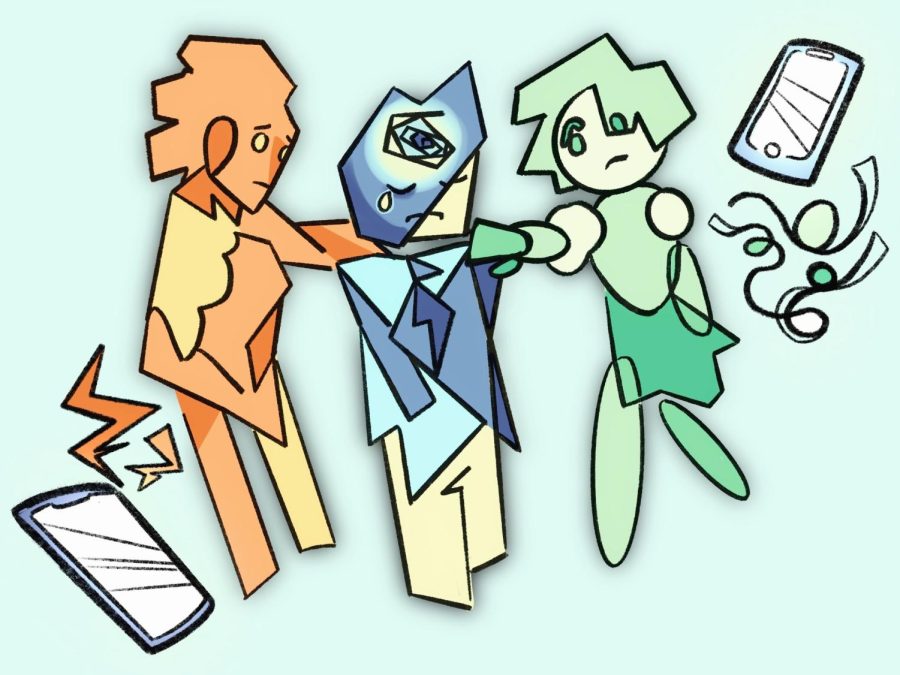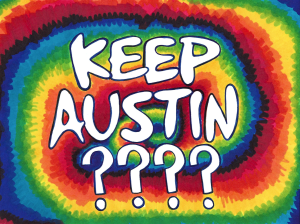Give CMHC helping hands to support more students
March 10, 2023
In my first year at UT, I have reached out to the Counseling and Mental Health Center for services a number of times and been sent to voicemail more times than I can count; getting a response can take weeks, and often, a long-awaited reply simply apologizes for a lack of available appointments, resources and staff. Unfortunately, I’m not alone in this experience.
Nearly half of all college students reported experiencing symptoms of depression and anxiety. Stack that daunting statistic with UT’s population, and we can estimate almost 23,000 students who need or could benefit from mental health services, which doesn’t even consider those with other mental health conditions and stressors.
Meanwhile, the CMHC struggles to keep up with this rapidly increasing demand. To mitigate this danger, the center needs more support. Initiatives have been made for increased funding, staff and space, but these factors, though crucial, are simply beyond our control. They also take time to implement — time that, in the midst of a university mental health crisis, we don’t have.
Kennedy Greenleaf, psychology and sociology sophomore, volunteers 200 hours each year with Crisis Text Line, a service that promotes mental well-being for people wherever they are, backed by a base of volunteers.
“When you’re in a crisis situation, I understand that there might be longer wait times, but it’s also super frustrating to be on the other end of that, when you really just need somebody to talk to,” Greenleaf said.
Training student volunteers, similarly to the Crisis Text Line services, would give opportunity for students who care about mental health initiatives to take some of the burden off of CMHC’s limited staff.
Three-quarters of college students struggling with their mental health are reluctant to seek help. If we could at least train students to staff phone lines to make sure that there is always someone to talk to, we could support students before they give up on finding help.
Granted, volunteers cannot replace treatment with licensed professionals. However, sometimes finding empathy on the other end of a phone line can be enough to encourage someone on their mental health journey.
“It makes me feel like I’m making a difference,” Greenleaf said. “I’ve learned a lot about empathic listening. You’re exploring people’s feelings. There’s not so much focus on prying and asking questions, it’s more so providing supportive care, and letting the person know that you are there to listen.”
College is a turbulent stage of life, with 75% of lifetime mental health problems presenting by age 24. The earlier we catch these symptoms and support students through them, the more successful treatment can be.
The new Longhorn SHARE Project, led by Adrian Lancaster, aims to add the valuable opportunity for students to engage in peer support. It’s a great start, but never-ending demand calls for never-ending innovation for mental health on campus.
“We want to build in a way that will ensure that (we) stick around for a long time,” Lancaster said. “That’s really the goal.”
CMHC should ensure mental health services are never outpaced by need by training students to help limit long phone lines.
“It’s our job to evolve. It’s our job to adapt,” said Katy Redd, associate director for prevention, development and media relations with Healthy Horns. “It’s our job to add new services and programs when and where indicated.”
It’s always ok to ask for help. Answering those who do is the first step in building a healthier-minded campus.
Jackson is a Plan II and journalism freshman from Boerne, TX.















